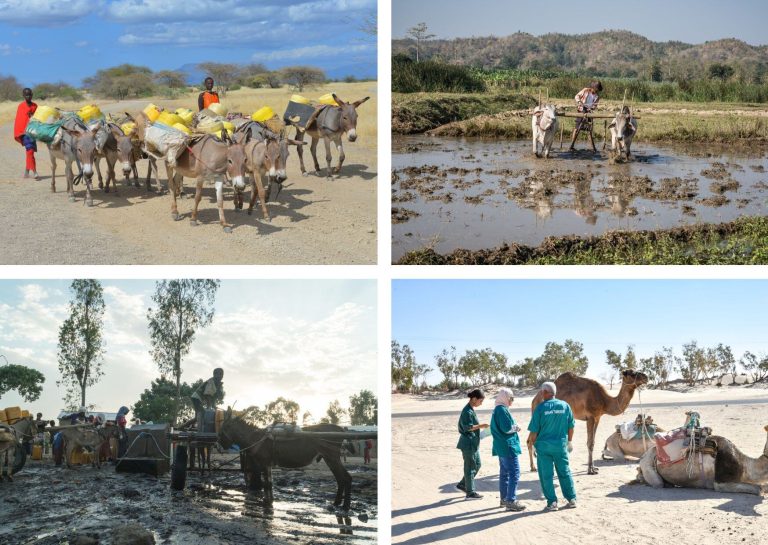World Animal Day Urges Global Attention to Animal Welfare
On this year’s World Animal Day, SPANA (the Society for the Protection of Animals Abroad) is urging global leaders to prioritise the welfare of working animals at the upcoming COP29 event in November. As the theme for this year’s observance on 4 October 2024 emphasises, “The world is their home too,” SPANA is drawing attention to the often-ignored effects of climate change on these vital animals.
The intensifying climate emergency is manifesting through unpredictable weather patterns, including severe heatwaves and catastrophic flooding. These events are exacerbating the challenges faced by working animals, leading to a crisis that threatens their wellbeing and survival. Furthermore, the situation is putting immense pressure on vulnerable rural communities that rely on these animals for their daily livelihoods.
A Case Study from Kenya
The urgent situation in Kajiado County, Kenya, south of Nairobi and near the Tanzanian border, exemplifies the crisis. In this Maasai region, the lives of both humans and animals are closely interconnected. Families depend on their donkeys to collect water from remote sources, transport goods to market, and assist in farming activities.
Earlier this year, unprecedented flooding wreaked havoc on the Maasai communities of Magadi and Shompole, leading to significant losses for working animals. With shelters destroyed and grazing areas submerged, more than 4,400 donkeys were left vulnerable to harsh conditions and diseases, culminating in an economic and humanitarian disaster for the local population.
In the aftermath of the floods, contaminated water sources turned into breeding grounds for parasites and diseases affecting both donkeys and their human counterparts. The scarcity of veterinary services in remote areas aggravated the crisis, making immediate action crucial.
SPANA’s Emergency Response
In collaboration with the African Network for Animal Welfare (ANAW), SPANA has initiated a vital emergency project in Kajiado County, providing essential veterinary care and vaccinations for the affected working animals. This partnership not only offers immediate relief but also aids local Maasai communities in building resilience against future climate-related challenges. The initiative includes establishing early warning systems, developing evacuation strategies for animals, and providing education on weather forecasting and emergency preparedness.
Voices from SPANA
Linda Edwards, Chief Executive of SPANA, remarked, In communities such as the Maasai, working animals serve as vital lifelines. Their loss or inability to perform tasks halts daily life. These animals are crucial for fetching water, transporting goods, and supporting the pulse of local economies.
The crisis in Kenya is not an isolated case; it reflects a broader, interconnected global challenge. The UN’s One Health approach recognises the interdependence of human, animal, and environmental health, highlighting that the wellbeing of one directly influences the others. This perspective calls for collaborative, cross-sector strategies to address emerging health threats at their root.
Edwards further emphasised, “With over 200 million working animals worldwide, SPANA’s mission is crucial in protecting these indispensable animals – the trucks, tractors, and taxis of rural communities. Without them, the foundation crumbles. Caring for these animals isn’t just an act of kindness; it’s vital to prevent ecological and economic collapse.”
SPANA calls on world leaders to integrate the protection and care of working animals into the COP29 discussions, underscoring their critical role in sustainability and urging that their welfare be a key component of the global climate agenda.
